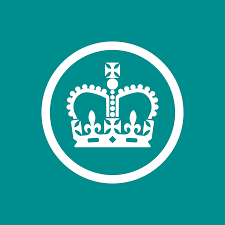HMRC has written to 24,000 people who may have falsely claimed on the government’s coronavirus Self-Employment Income Support Scheme, The FT Advisor has reported.
The HM Revenue & Customs paid out £7.8bn to the 2.7m self-employed people claiming on the first tranche of the scheme. Now the tax authority has confirmed it is writing to around 24,000 people to check if they claimed correctly.
HMRC said controls had been built into the scheme to stop fraudulent claims, but it was now pursuing post-payment compliance checks to recover money paid out where claimants had no active business, said the report.
However, the HMRC has indicated that during the pandemic it had contacted about 100,000 people with information about claiming SEISS who had previously told HMRC they had stopped trading. Of these 100,000, HMRC said 30,000 went on to make claims against the scheme, and about 6,000 of those have already been confirmed as trading businesses.
According to the FT Advisor, the HMRC said: “If they are trading and have claimed correctly, we may ask them for extra documentation to show this.”
For those who had stopped trading but still made a claim, HMRC has set a deadline of November 20 to reply to its email or face a penalty.
The Freelance Informer reported previously on how the HMRC was cracking down on overclaimed coronavirus (COVID-19) grants. Anyone that may question whether they may have overclaimed must report this to HMRC, if not they could be breaking the law.
The law states that the onus is on the taxpayer to notify HMRC if they have overclaimed COVID-19 grants. A taxpayer who has overclaimed a grant and not repaid it must notify HMRC by the latest of either:
- 90 days after the date they received the grant they were not entitled to
- 90 days after the date they received the grant that they were no longer entitled to keep because their circumstances changed
- 20 October 2020.



